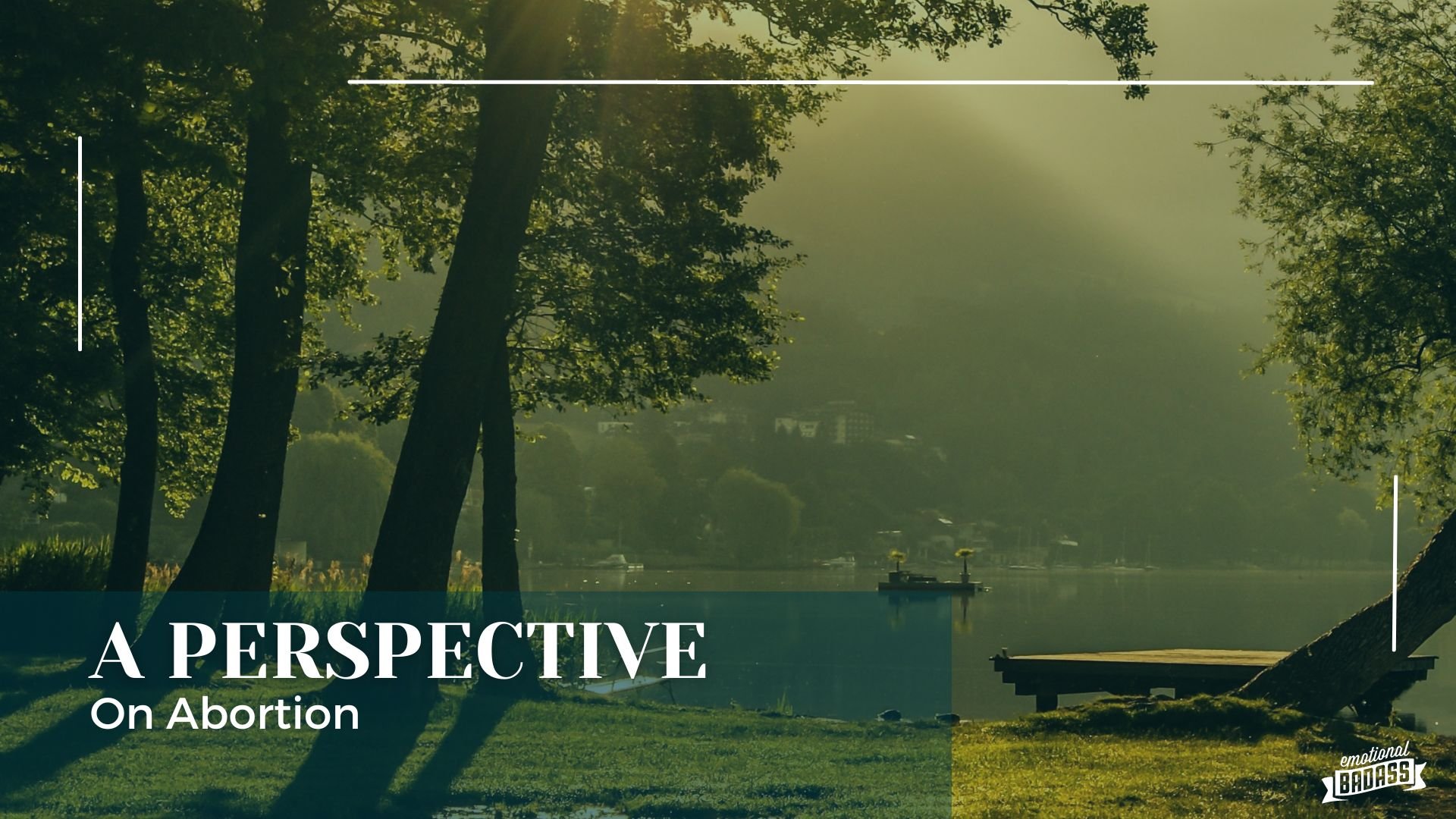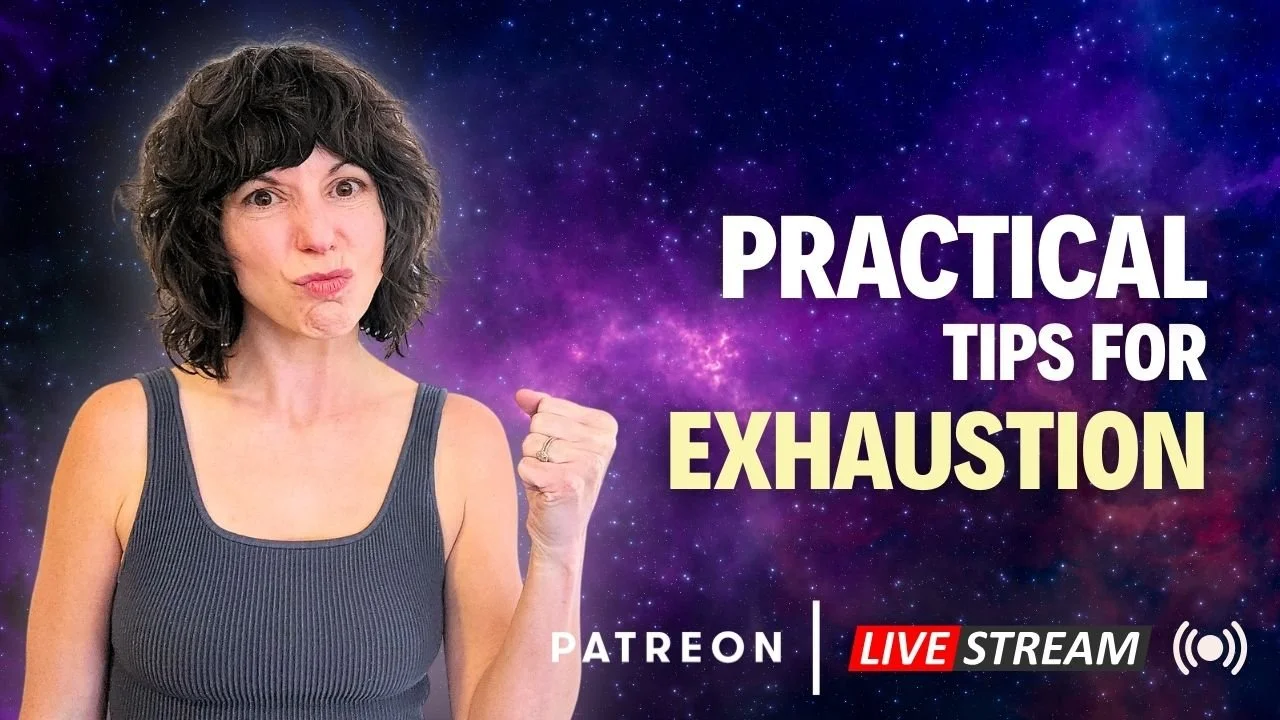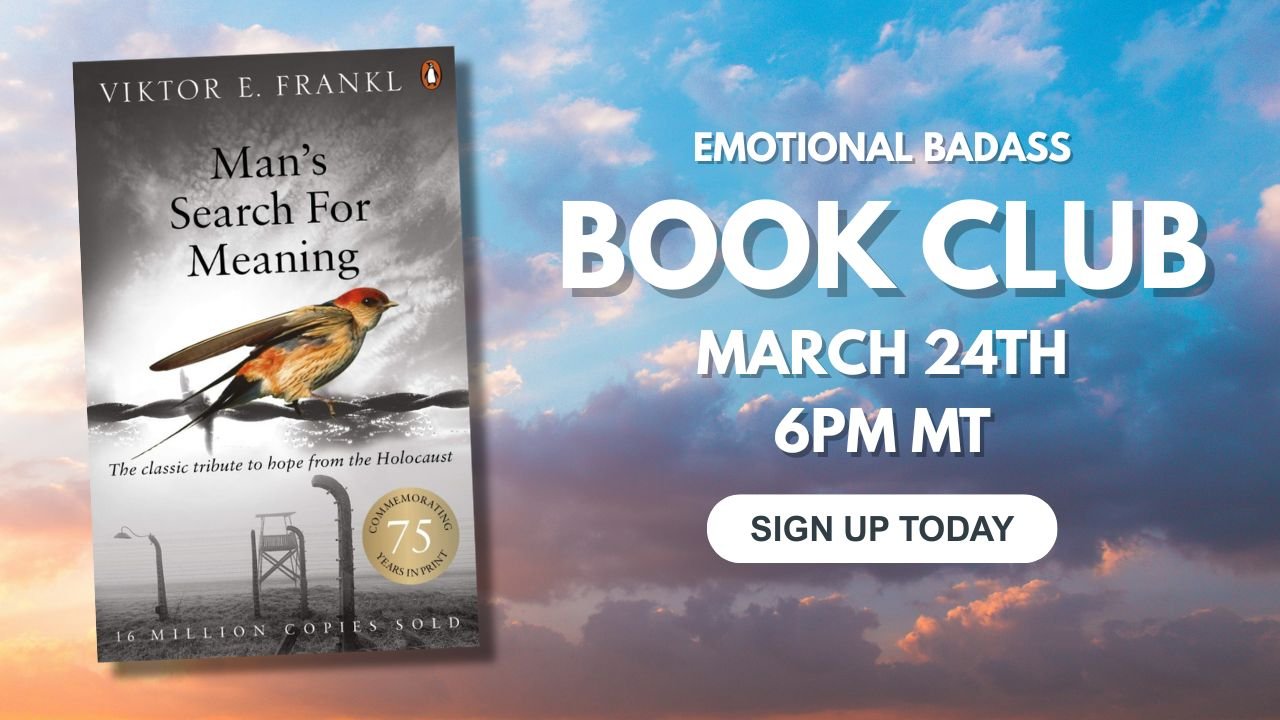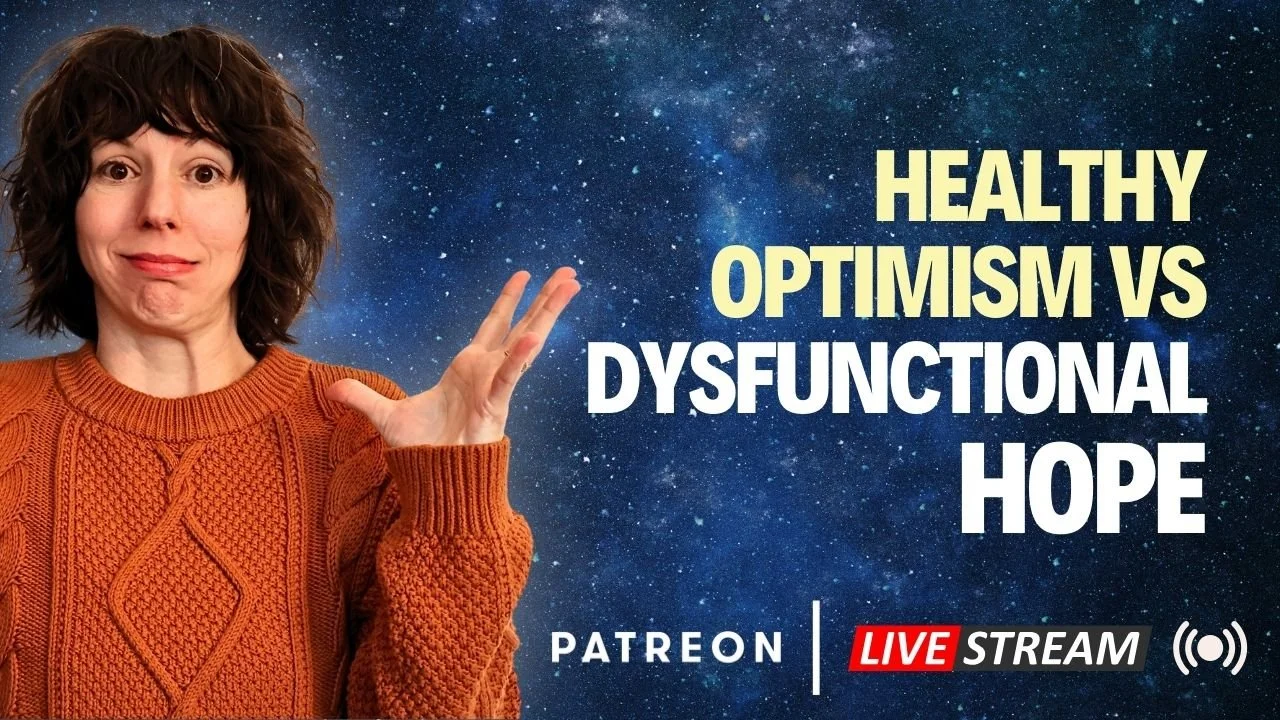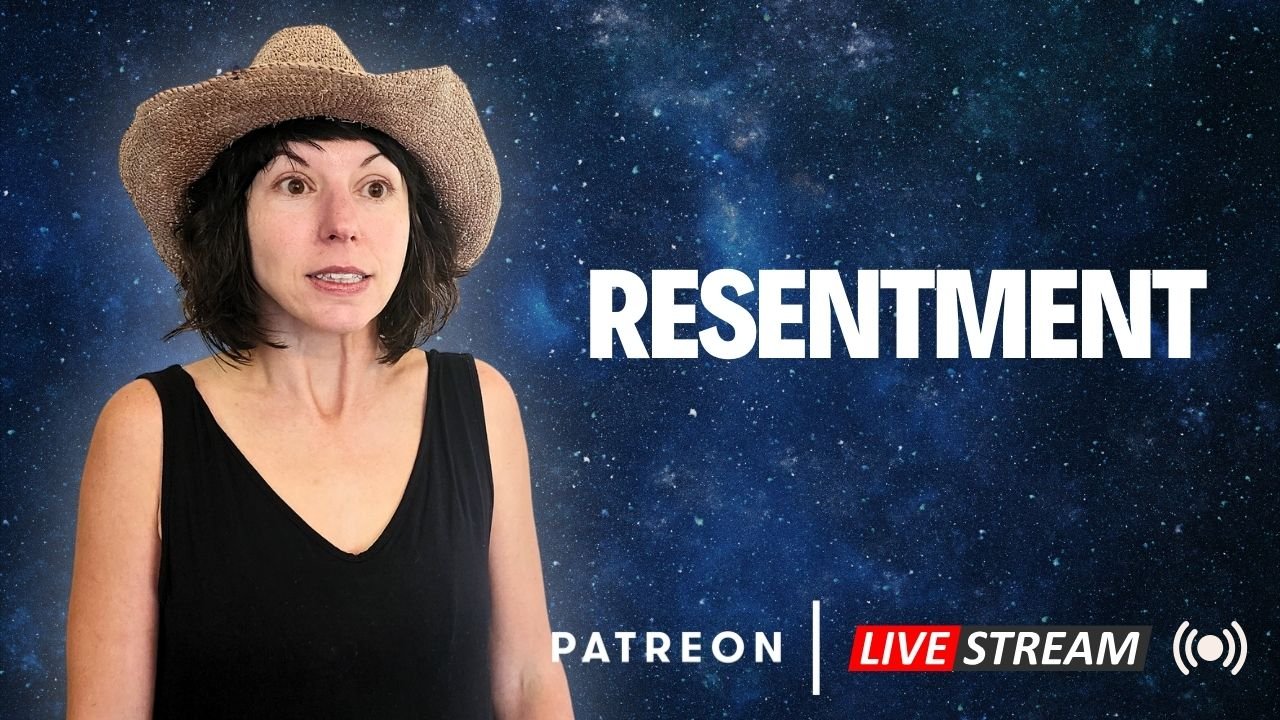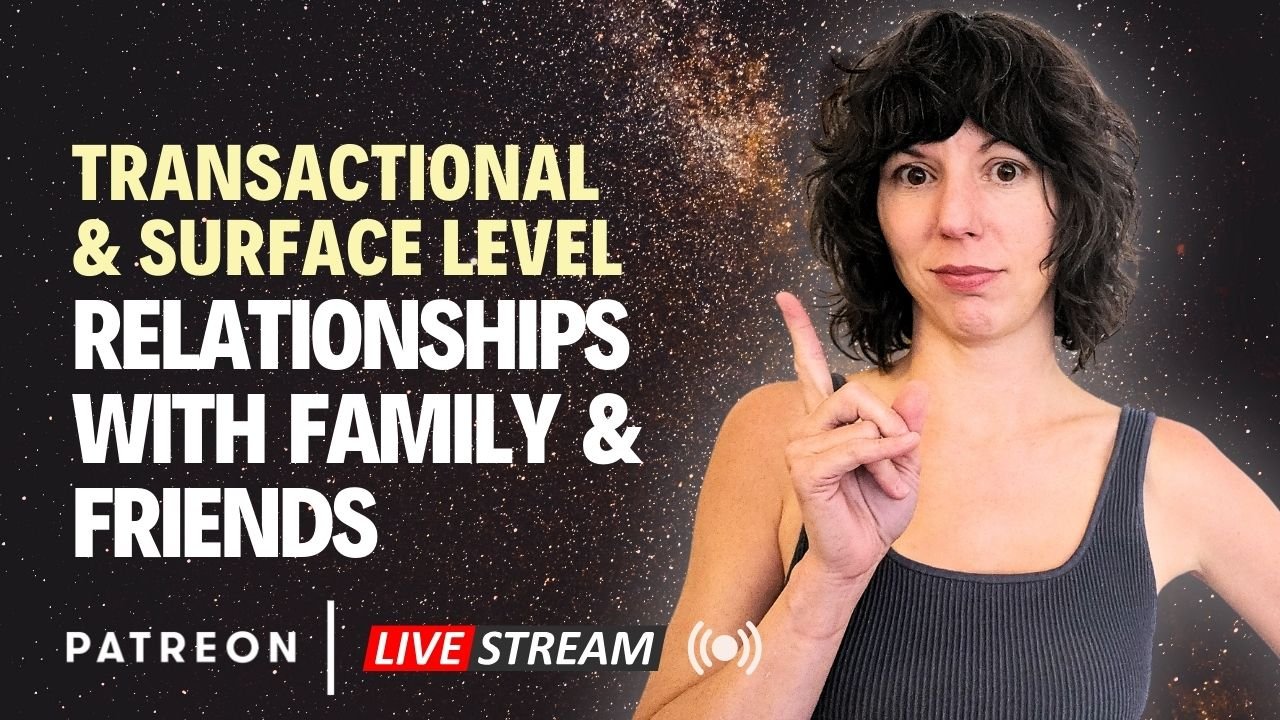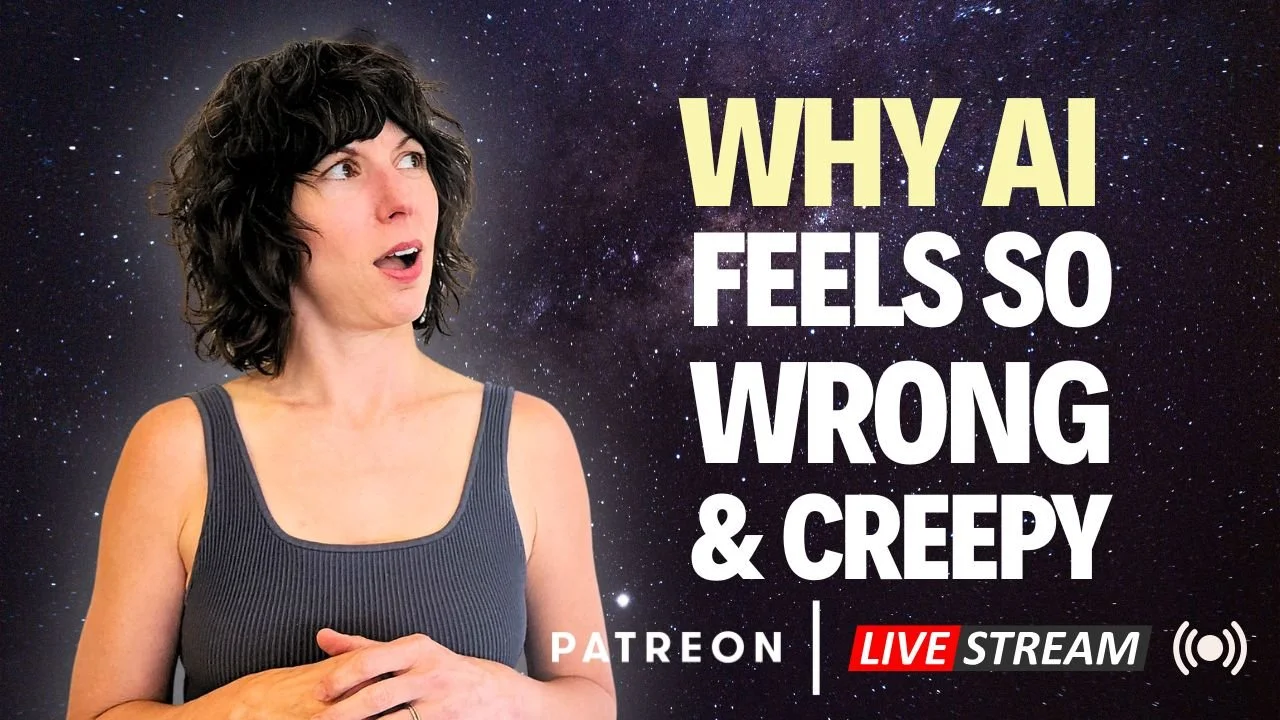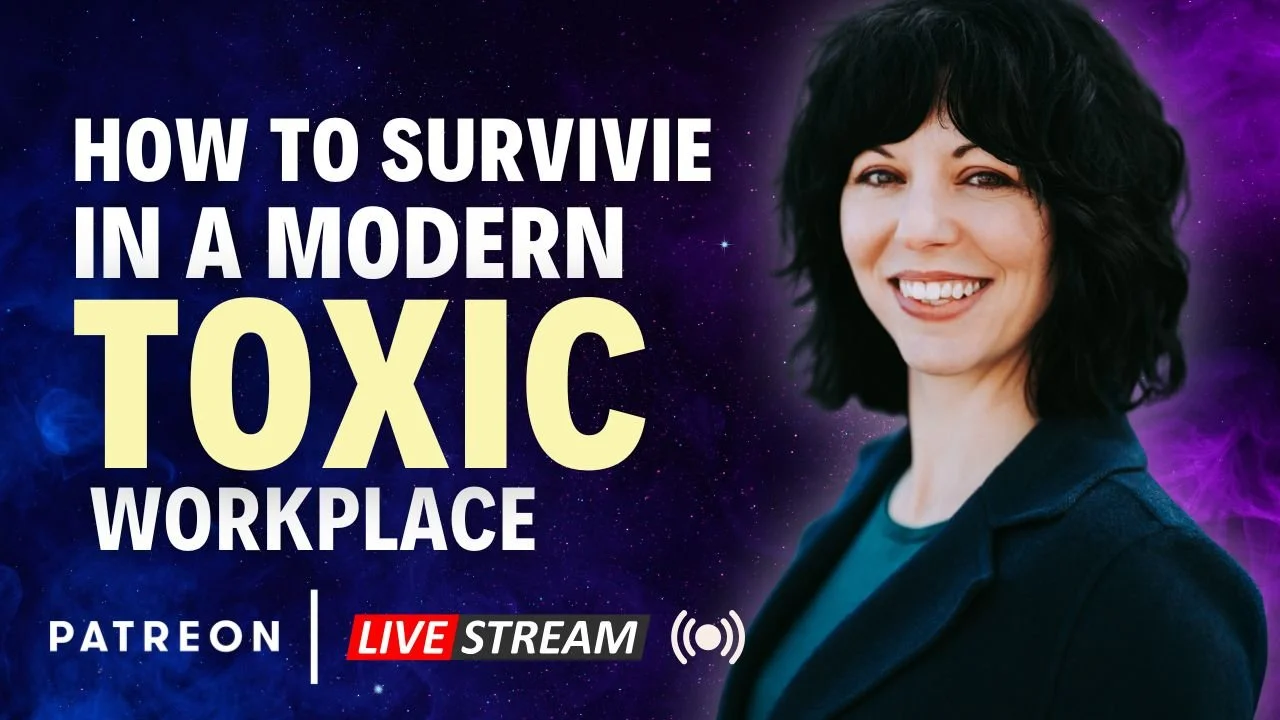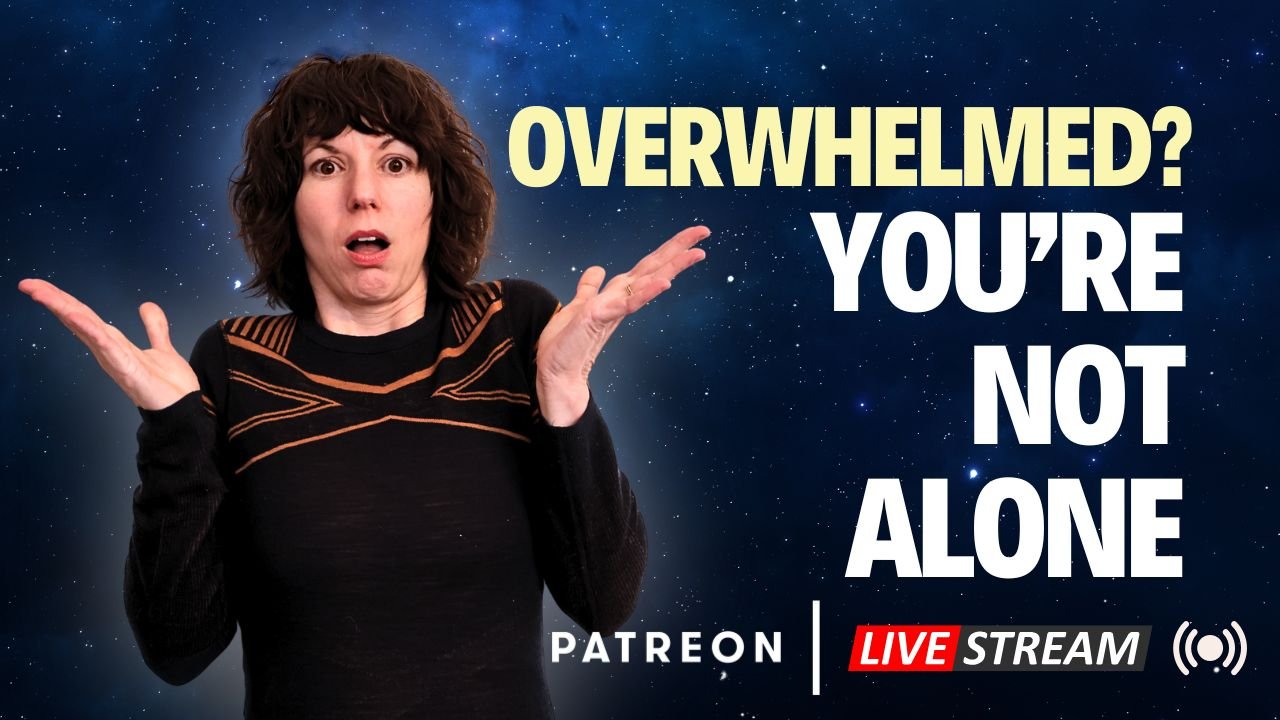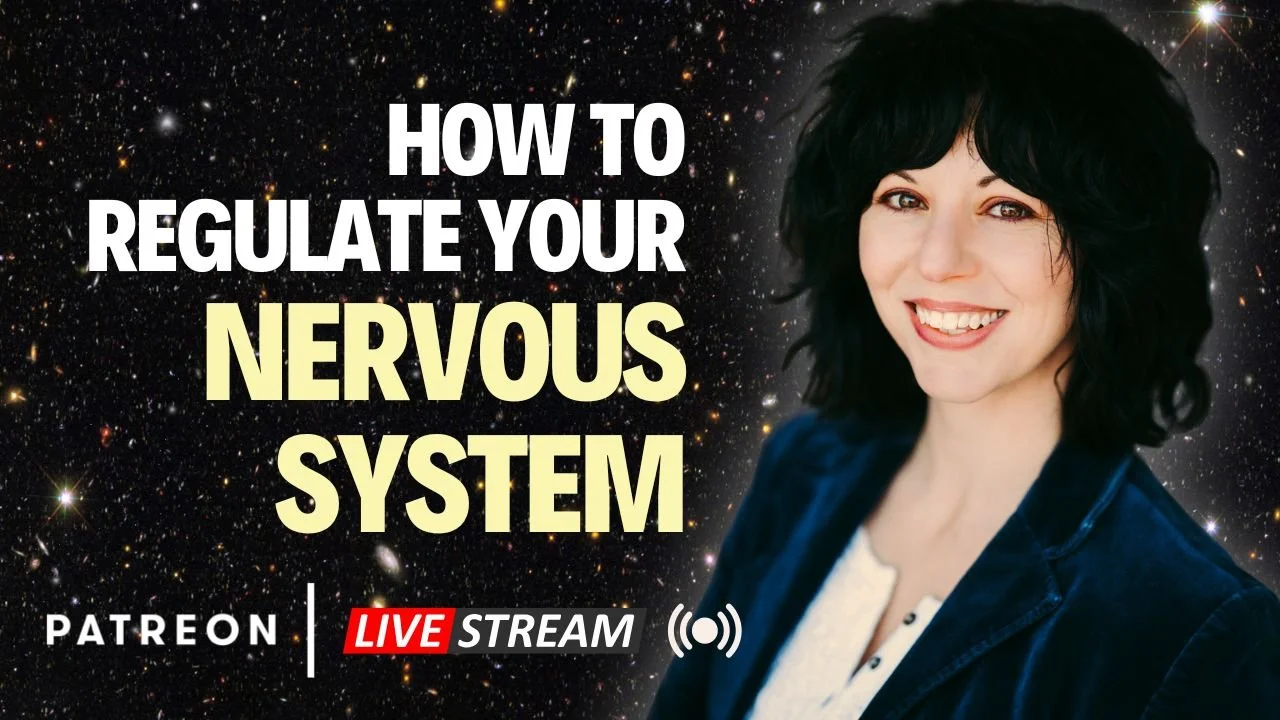Navigating the Complexities of Abortion: A Journey Through Mixed Messages, Tribalism, and Critical Thinking
In a world where social media dominates our daily lives, it's easy to make assumptions and paint people with giant brush strokes. This eco chamber phenomenon is a problem. With the rise of cancel culture and reactivity, it's become increasingly scary to address hot button issues.
The internet and social media make it easy to react and dismiss each other, instead of deeply listening and considering each other's perspectives with maturity, grace, compassion, and respect for our differences. We disrespect the complexity of the human condition when we engage in these types of simplistic assumptions. We are living through a very tribal time, and the message of tribalism is to pick A or B. However, life is very complex and most of the healthiness happens in between.
I believe that sharing perspectives is important, especially in a world where politics and commentary come through a lens of righteousness. I encourage all of us to become our own authority figures, with critical thinking and the ability to evaluate their childhood, present, and future, to make the best informed decisions for their lives and mental health. I have no political agenda to sway this audience in any direction, but instead, I want to empower others to make decisions that are fully informed and drawn from multiple perspectives and experiences.
Ultimately, supporting the differences in each other is crucial, especially when making difficult and heart-wrenching decisions. By doing so, we can learn to be more supportive and better equipped to face the challenges that life throws our way.
When we oversimplify complex issues, we create stories in our heads based on our own biases and ideas, consciously and subconsciously. Often, when I meet someone who has made assumptions about me, they are confused about how they came up with a story that doesn't fit me. This phenomenon has become more prevalent with the internet and social media, which make it easy to react and dismiss one another.
We are living through a very tribal time, where we are told to pick a side. But the principle of healthiness lies in between. In this episode, I want to share my journey with the topic of abortion, not because my way is right and others are wrong, but because I want to encourage critical thinking and help you become your own authority figure.
It is crucial to evaluate what we have been taught by society, family, and religion and how it affects our perceptions of right and wrong. This is especially important in today's society where we are bombarded with messages through various forms of media.
We must learn to make decisions based on what is right for us, without sugar-coating the consequences or making things seem scarier than they are. Fear and shame are not healthy motivators, and we need to limit their impact on our lives. Instead, we need to root ourselves in a centered way and make decisions based on what is best for us.
Reacting to triggers is a natural response that we have developed through evolution. However, it is essential to be aware of these triggers and not let them control our decisions. Highly sensitive people and empaths can feel the impact of fear and shame advocacy, even if they cannot name it.
Growing up in a deeply Catholic environment, the issue of abortion was presented to me as "baby killing." It was explained to me that only loose women who had sex out of wedlock used abortion to get out of trouble. This was presented as something that was not for me.
As a highly sensitive child, I was confused about the implication that abortion was an act of irresponsibility. I was aware that I was a child of a mother who got pregnant with me out of wedlock, and the hypocrisy of the situation was not acknowledged to me. As a child, I had no choice but to conclude that abortion was entirely wrong.
It is important to note that American society is full of mixed messages, especially when it comes to topics like sex and reproductive rights. We need to learn to evaluate these messages and make decisions based on what is right for us. It is only then that we can root ourselves in a centered way and make decisions that are best for us.
As a young woman, I found myself in a situation where my best friend was considering getting an abortion. Despite being taught that abortion was baby killing, I was committed to being a good friend and offering her support. I remember saying prayers, even though I was on the outs with God at that time in my life.
I went with her to the doctor's appointments and encouraged her to ask any and every question that she might have. I knew that all the questions needed to be answered before this big decision was made. I went with her for the abortion appointment, and I sat next to her in that bed, holding her hand.
As we looked into each other's eyes, I just knew that she did not want to have the abortion. I knew that it was not me putting that I didn't want her to get an abortion on her. So I reiterated my message one more time with our eyes locked, and she just stared right at me and said, "I can't do this." And without hesitation, I said, "Okay, get dressed. Let's go." And we did.
I have thought of this moment so many times over the years. Every time I see the abortion debate raging, I have a strong intuitive nope to the idea that people can have an abortion without much thought, without much feeling.
A few years later, another friend of mine found herself pregnant. This friend wasn't very stable. She wasn't emotionally, financially, or relationally stable. She was over-medicated with psych meds and had been pulling away from friends that were good for her and toward ones that were just trouble.
I witnessed her becoming very manipulative with men after she had endured a rape, and it confused me at the time, but it makes more sense now. I understand it from my work as a trauma therapist. One of the sad truths of having that kind of abuse in your history is that one of the potential ways we try to deal with it in the human condition is by becoming overly sensual or overly sexualized. That's very confusing to look at. How could someone be raped and then actually dial up the sexualization, the objectification? But when you understand it below the surface level of how that looks, we can understand that. That's an attempt to control others.
It's important to support and guide those we care about, but ultimately, the decision is not ours to make. We must offer our love and compassion, no matter what the outcome may be.
It is possible for mothers who lack empathy to get multiple abortions with little emotional thought. However, those who are highly empathetic and sensitive tend to process everything deeply, including the decision to have an abortion or give the child up for adoption. Abortion is a common topic discussed in philosophy classes, and it is challenging to determine the right or wrong decision.
As a therapist, I have worked with women who have chosen to give birth and give the child up for adoption. These sessions have been the toughest and heaviest moments of my life. But what has amazed me is the love, beauty, and willingness to put the child first in these situations. These women often have peace when they get to choose the family and create an open adoption, allowing them to be in the child's life without the weight of responsibility.
I am in awe of the strength and courage of these women, who evaluate their situation realistically with the shadow of unfair ideals in mind. In an ideal world, support would be readily available, and child care would be affordable. However, in reality, there are often only two choices, both of which are not ideal.
What has been heart-wrenching for me is the nastiness, cruelty, pressure, and shame tactics that women face from their families, who should be supportive during this vulnerable time. I have seen women being shamed and pressured by their own mothers, leaving them alone in the delivery room at the very moment they need mothering. They feel tremendous shame at an incredibly vulnerable point in their lives, which is not helpful nor healthy.
What I have learned is that these women are strong and courageous. They have evaluated their situation and made the best decision possible for themselves and the baby. They are making a difficult decision that requires strength, bravery, and empathy.
Life is full of difficult decisions, and sometimes we have to make unpopular choices to save our own lives, despite what those around us may think. I know this all too well from personal experience. When I went no contact with my family, few people in my life supported me. I did this because my family was against me wanting the incest that I endured to play out in the legal system publicly. Despite the shame and pushback, I felt compelled to handle my life in a way that they did not like and that they thought was wrong. Ultimately, it pushed me to leave and save my own life.
I want to make it clear that it is your job in your own precious life to make the decisions for your life all along the way. Some decisions are painful no matter what, no matter which way you turn. It would have been painful for me to stay connected to my family and it was painful for me to leave no matter what. I could not pick a path that avoided pain and struggle. I could not pick a path that avoided the judgment of others.
If you are facing tough decisions about pregnancy or anything else in your life, please dig deep and be true to yourself, because you will have to live with yourself no matter what. And we will face many decisions in life where pain is unavoidable, when we are just choosing our pain path. This is a truth that I wish was not true, but I am a realist and I tune out those things that tout idealized messaging. Healthy, mature people will not judge or shame you, even if and when they disagree with your decision-making. True support is in supporting the person no matter what they decide. I'm sorry that it seems that so few people know this wisdom and know how to offer true, unconditional support while potentially being in disagreement.
I have never had a pregnancy and therefore I have never had an abortion or a birth. I have had some risky, irresponsible sexual encounters despite my youthful hypervigilance against pregnancy. Alcohol was a big part of all of those moments. I have often said prayers to the universe as I subscribe to no man-made religion. I have thanked the stars. I have thanked the universe for not having to experience such a dilemma.
I highly recommend listening to the Abortion episode on Bari Weiss’ podcast Honestly.
She recorded it before Roe vs. Wade was overturned and that episode is the fairest thing I have ever heard on abortion. If you listen to it, you will hear what I'm about to say. That to have any real honest, grown up conversation about abortion we must acknowledge the truth in both pro life and pro choice arguments. That somehow, in this messy way, life does not organize itself into proper little boxes and packages that we can simply and clearly tie up in a little bow and call it a day. Conception is the start of life, and that if left alone would result in a natural miscarriage or a birth. There is no other option there.
And an early pregnancy is also a small clump of cells. And that clump is different than a 20 year old, different than a four year old, different than a one year old. To have a real grown up conversation about this in respect of each other's humanity, we have to acknowledge the truth in both of these arguments. Any other argument that dismisses either truth is a biased and unfair argument. I often speak on this show to the dysfunction of living at the poles, that healthiness happens somewhere in the middle.
Technically, I guess it can be argued that I am pro-choice. But I don't think of myself that way anymore. Since this new wave of hyper-politicalization, tribalism, and ideology, is shaming people into choosing camps over choosing each other, I don't want to associate with any of it. I am pro-human. I am pro each individual having the freedom to have as many options as possible, shame and pressure-free, with unconditional empathy and compassion because this one precious life is hard. Part of my principles is that you have to decide your own principles.
Part of mine is that I am not for life at any cost. I lean towards quality of life over quantity of life from a spiritual lens. When someone says to me that if my mom had aborted me, I wouldn't be here, I dismiss that. Part of my spiritual belief is that every soul that is meant to be here finds a way and comes through. I have a deep faith that if my mother had chosen not to have me, I would have come into the world another way.
And this, like so much else, can never, ever have any kind of proof attached. Just like the Catholic belief of burning in hell that can't ever be proven to me. To those who say that this is a convenient rationalization to avoid the guilt of ending a life, to avoid the guilt of murder, I say, ‘Okay, I understand your lens. You get to have that lens.’ We as humans must learn to make peace with so much that is imperfect, messy, chaotic, and different amongst the tribe.
Episode Tags
- ADD 1
- Abuse 17
- Alcohol 3
- Anger 11
- Archetypes 1
- Bullying 6
- Childhood 37
- Codependency 11
- Covid 4
- Crystal Catalina 4
- Depression 15
- Detachment 2
- Disassociation 4
- Emotions 75
- Existentialism 2
- Faith 1
- Family 28
- Fatigue 4
- Focus 3
- Gratitude 11
- Grief 14
- Guilt 2
- Healers 7
- Healing 52
- High Sensation 4
- Hope 1
- Hypervigilance 7
- Introverts 6
- Lonliness 9
- Love 3
- Manifesting 5
- Manipulation 20
- Masculinity 1
- Men 1
- Mindfulness 39
- Money 10
- Music 3
- Nutrition 2
- Overthinking 8
- PTSD 13
- Parenting 12
- People Pleasing 10
- Perfectionism 6
- Pets 4
- Relationships 21
- Resiliency 14
- Sadness 1
- Self Esteem 19
- Self Love 11
- Self Respect 1
Upcoming Events
Episode Tags
- ADD 1
- Abuse 17
- Alcohol 3
- Anger 11
- Archetypes 1
- Bullying 6
- Childhood 37
- Codependency 11
- Covid 4
- Crystal Catalina 4
- Depression 15
- Detachment 2
- Disassociation 4
- Emotions 75
- Existentialism 2
- Faith 1
- Family 28
- Fatigue 4
- Focus 3
- Gratitude 11
- Grief 14
- Guilt 2
- Healers 7
- Healing 52
- High Sensation 4
- Hope 1
- Hypervigilance 7
- Introverts 6
- Lonliness 9
- Love 3
- Manifesting 5
- Manipulation 20
- Masculinity 1
- Men 1
- Mindfulness 39
- Money 10
- Music 3
- Nutrition 2
- Overthinking 8
- PTSD 13
- Parenting 12
- People Pleasing 10
- Perfectionism 6
- Pets 4
- Relationships 21
- Resiliency 14
- Sadness 1
- Self Esteem 19
- Self Love 11
- Self Respect 1

